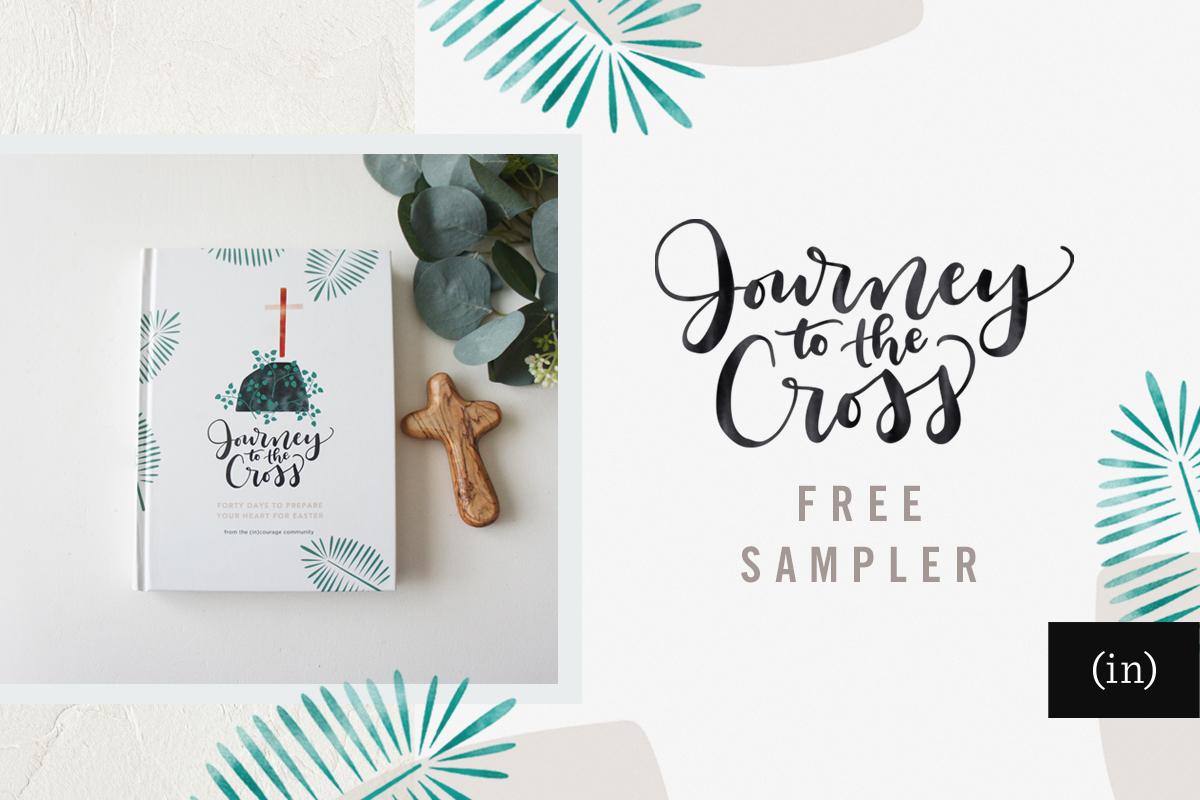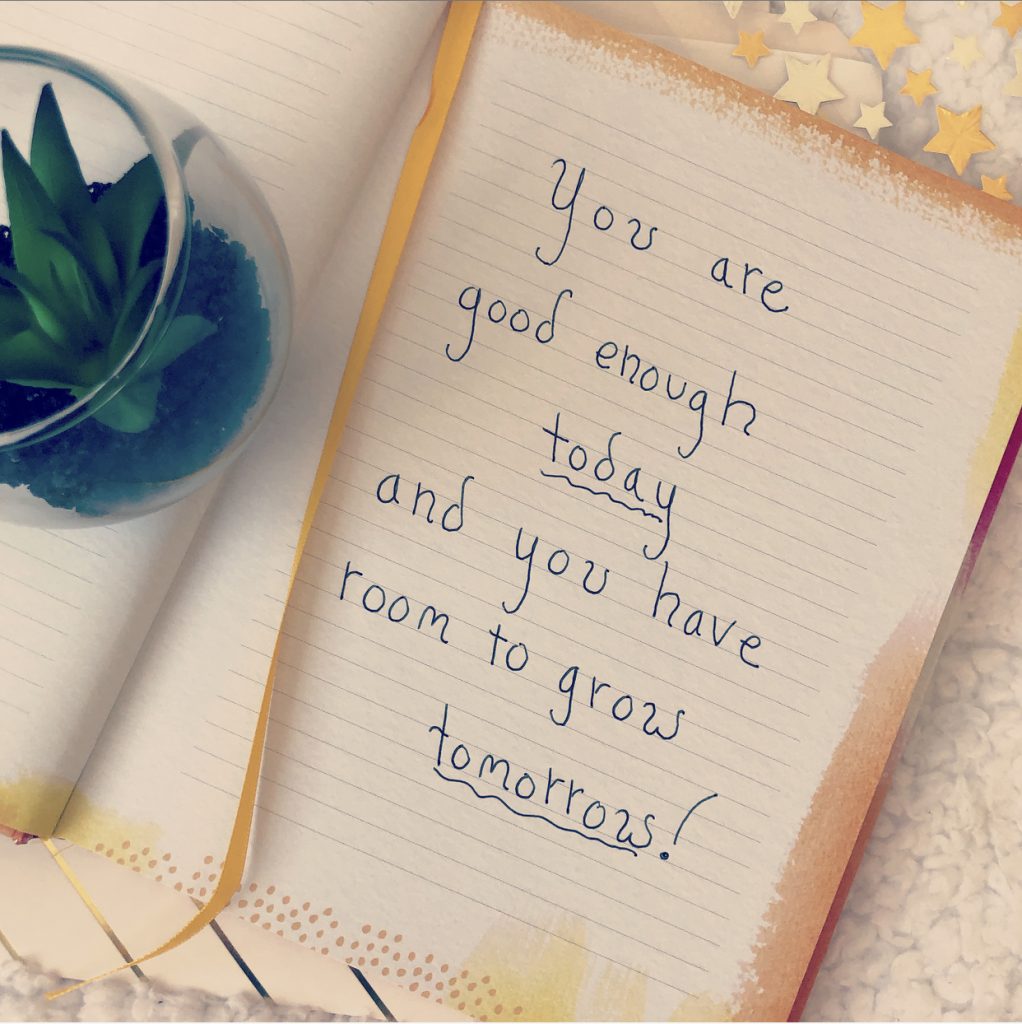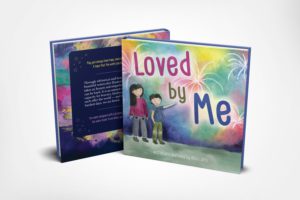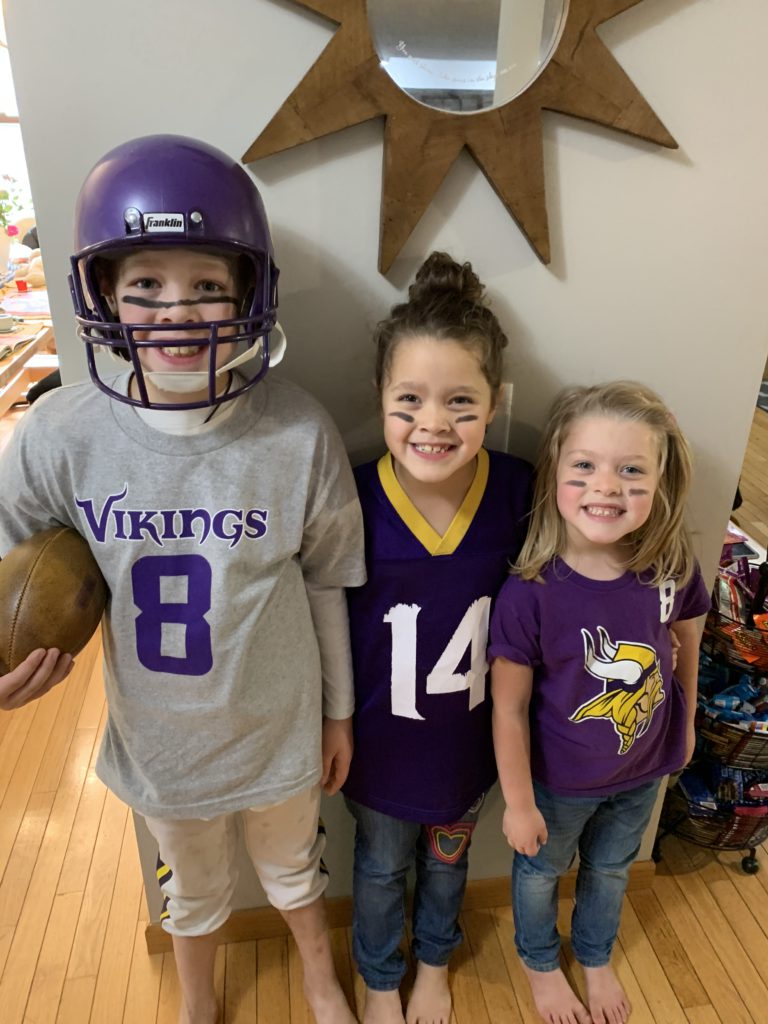Grabbing my robe, I rushed to get to the phone. Maybe this would be the call I’d been waiting for all week. I sat down on the window seat, listening to the rush of words from the surgeon. When she said “carcinoma,” I was stunned. Despite the possibility that the biopsy could show cancer, the doctors I’d seen uniformly told me, “It’s probably nothing.”
But it wasn’t nothing; it was breast cancer.
The surgeon was reassuring as she told me I would need another surgery and radiation — “caught it early,” “excellent prognosis.” But there was no space, no pause between diagnosis, treatment, and the implicit message that it was “no big deal.”
I understood why she rushed to reassure me, but I learned that her hurried attempt to soften the blow was the beginning of what felt like a concerted effort to keep me from feeling the natural sadness and fear provoked by my diagnosis.
Over the next few days, as I shared the news with family and friends, I often heard comments that, while well-intentioned, minimized the impact of the experience: “Oh well, it is what it is.” “At least they caught it early.” Words caught in my throat; it no longer felt like the person was listening. The conversation moved on to other topics, leaving me alone with my experience, feeling self-critical for reaching out in the first place.
Why the rush to minimize something as significant as a cancer diagnosis requiring surgery, radiation, and years of medication and follow-up visits?
Because we fear vulnerability.
Minimizing blocks the vulnerability of painful emotions like grief, fear, and loneliness. It drowns out the whispered question, “Am I going to be all right?”
On what turned out to be the most vulnerable day of my journey, I was alone because of visitors’ restrictions during the pandemic. The emotional impact of walking into a cancer center for the first time took me by surprise. The empty halls echoed; I wandered around, unsure of exactly where to go. I was still caught up in the wave of emotion when the social worker greeted me with a cheerful smile. Her first words were, “You only have fifteen treatments; you’ll be finished before you know it!” I shifted quickly from shock to anger. Minimizing elicits anger, giving us the energy to advocate for our needs. Sadly, the person that day who was supposed to attend to my emotional needs was on “team minimizer.” Are you surprised to learn that I chose not to share anything with her?
The next part of the appointment involved preparation for radiation. I had to lie with my arms over my head for two hours, bare from the waist up, while I was tattooed and measured and marked in preparation for the first radiation treatment. The staff was kind, but they were all men. Their effort to chit-chat as I lay there freezing felt incredibly awkward. Distress blocked awareness of the Comforter who was with me that day. It was one of the most vulnerable experiences of my life. By the time I got home, I was physically weak from the intensity of the emotional experience. Minimizing had left me utterly unprepared for that day.
Minimizing is just one of the many strategies we employ to avoid vulnerability. We learn these strategies early in life; they help us survive and adapt. But avoiding vulnerability also cuts us off from our authentic experience, creating barriers to connection when we most need it.
Jesus wasn’t a minimizer. He could sense the needs around Him. Rather than dismissing them, He turned towards them. Jesus knew that our greatest need in times of distress is loving connection, so He offered Himself.
“Come to me, all you who are weary and burdened, and I will give you rest. Take my yoke upon you and learn from me, for I am gentle and humble in heart, and you will find rest for your souls.”
Matthew 11:28-29 (NIV)
Jesus offers to walk beside us, sustaining us with His gentle presence. He doesn’t bombard us with why we shouldn’t feel sad, lonely, or scared. Jesus was with me when I learned my diagnosis, in the moments when I shared the news, and when I was “alone” in the cancer center.
Imagine walking beside Jesus at this moment in your journey. Pause to feel His presence; accept His offer to bear your burden with you. Do you feel relieved knowing you are not alone, that your feelings are valid and worthy of witness?
It is tempting to minimize distress — our own and others’. When you are vulnerable, practice turning towards vulnerability. You will feel fear, but when you accept it, rather than fighting against it by minimizing, you will notice that you can have more peace. You will have more space for the grace you need, for Jesus’ loving presence as He accompanies you on your journey.





